
Five billionaires who gained most wealth in 2024
The past year has made many Forbes list members even wealthier. Let's find out which of them earned the highest profits over the last 12 months and what contributed to their financial success.



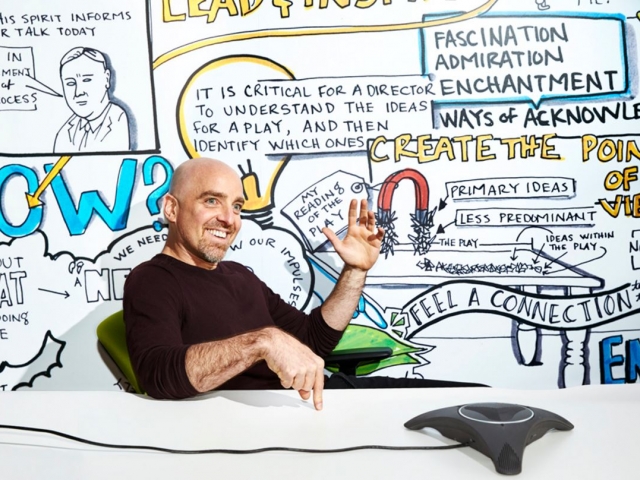
Uptake Technologies
Former Groupon founder Brad Keywell started the secretive Chicago-based data analytics startup in 2014. Already it's working with Caterpillar to be the analytics backbone of heavy industries like manufacturing, construction, rail, and more. Its sensors and data analysis should be able to help companies predict revenue and save money, according to Forbes.

Slack
Slack is a communication app that lets workplaces use a group chat room, private messaging features, and file sharing. It's completely taken the business world by storm, and is one of the fastest growing enterprise apps of all time. Slack will likely only get bigger next year. Funding: $180 million from Andreessen Horowitz, Accel Partners, The Social+Capital Partnership, Google Ventures, and Kleiner Perkins Caufield & Byers. Founders: Stewart Butterfield, Eric Costello, Cal Henderson, Serguei Mourachov

Porch
The start-up Porch still does not reach the estimate of $ 1 billion, but it still received an impressive $ 500 million from investors. Initially, the project was the base for repair ideas, but later the founders made from it a platform for people who need professional repairers. The brand portfolio includes 3.2 million specialists in finishing and other works, as well as 132 million signed contracts and $ 100 million of venture capital. The bonus of the company is the insurance of $ 1000, provided to each client in case of poor repair.
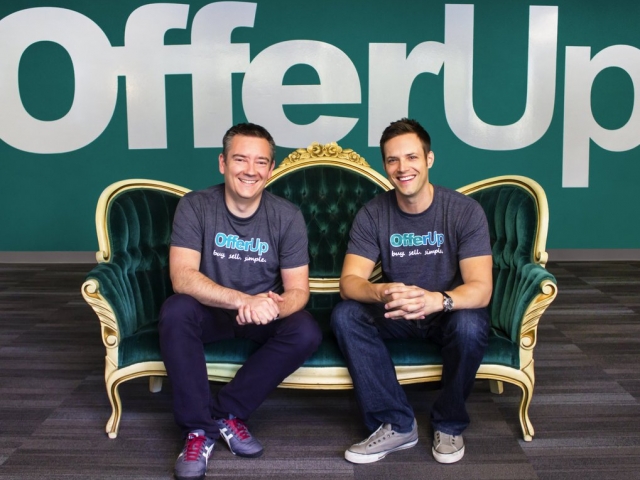
OfferUp
The startup OfferUp did not have enough $ 200 million in experts' assessments to be on the list of the projects valued at over $ 1 billion. The investors estimated this business idea at $ 814 million. Since its inception, the startup has managed to attract $ 90 million of investments. It is believed that the popularity of this bulletin board is due to its simplicity.

PicsArt
Armenian photo editing and sharing app PicsArt is among the five hottest 2015 startups of Forbes. The app, worth $250 million according to Forbes, considered a competitor of free app Instagram, was downloaded by 220 million users at the beginning of 2015 with 60 million being active users. Half of them were in Europe and Americas. The first version of PicsArt appeared for devices running on Android operating system in November 2011; in 2013 the application was available for devices working on iOS and in 2014 on Windows platforms. In 2014, the PicsArt was fifth in the list of 100 most popular free apps in the Apple App Store. PicsArt is now available in 13 languages.

Casper
Casper landed a $13.1 Million Series A this summer, and has been growing ever since. The company wants to take the traditionally convoluted process of buying a mattress and streamline it for the web. The startup's clean, informative website and slick ordering system has already facilitated thousands of orders. Investors: $15 million from New Enterprise Associates, Lerer Hippeau Ventures, Kevin Colleran, and SV Angel. Founders: Philip Krim, Jeff Chapin, Gabriel Flateman, Luke Sherwin, Neil Parikh.
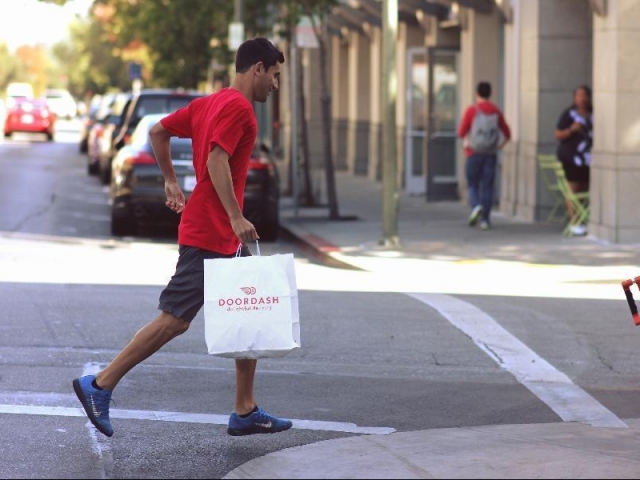
DoorDash
DoorDash, a startup that delivers food from local restaurants in nine cities across the country, has raised $35 million at a nearly $600 million valuation, Fortune's Dan Primack reports. Unlike the super-popular food-delivery service Seamless, DoorDash hires its own drivers, so even restaurants that do not usually offer delivery appear on the app. For that convenience, though, users get charged an extra $6 per delivery.
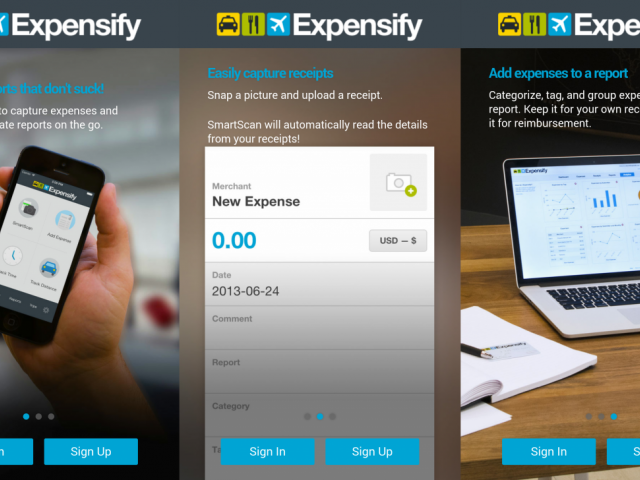
Expensify
The Expensify service was estimated by investors at $ 147 million. This startup is an application for monitoring the expenditure of the corporate budget. Thanks to the service, firms can monitor cash flows. Today the brand boasts 16 thousand users.
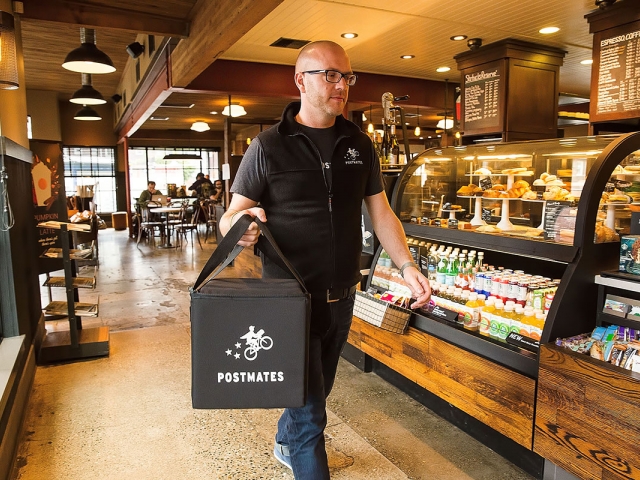
Postmates
The DoorDash's competitor – Postmates – is estimated by investors at $ 450 million. This startup is also intended for food delivery. The principle of the operation of this company is similar to the service ordered by the Uber taxi: the courier receives a percentage from the order, and the logistics and customer-orientation allow the brand to earn. The company's revenue for the past year has shown a figure of $ 100 million.
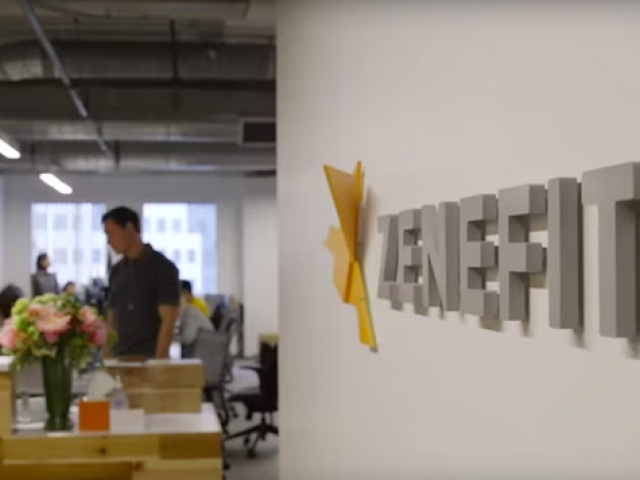
Zenefits
Zenefits' valuation took a haircut in 2016. The startup, once valued at $4.5 billion, experienced turmoil after it was discovered that its CEO had created a program designed to cheat state regulations. After installing a new CEO and launching Zenefits 2.0, the company also repriced its stock, shaving its valuation from $4.5 billion to a cool $2 billion — still a lot of money for a five-year-old company.

The past year has made many Forbes list members even wealthier. Let's find out which of them earned the highest profits over the last 12 months and what contributed to their financial success.